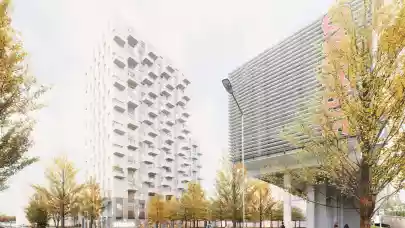
Transactions of apartments and houses began to decline starting from the spring of this year, as a result of high energy costs, rising construction materials and fuel prices, in addition to the rising costs associated with mortgages, according to real estate consultancy Colliers.
In Bucharest, owners took on bank debt for 50% of the apartments traded in the first six months of this year. Meanwhile, 60% of apartments were bought on loan, which means that currently not only are there fewer transactions that depend on bank loans, but also that part of the demand has become unbankable and can no longer afford the loan costs for buying the desired home.
In the rest of the country, 44% of transactions were made with credit in the first half of the year, a percentage slightly down from the level of 45% recorded in 2021.
“Recent demand-side indicators suggest that cheaper homes are relying more on credit, while more expensive, luxury homes are largely traded for cash. This means that the demand for cheaper housing will suffer the most in the face of rising interest rates, where a higher percentage was bought with mortgage loans," says Gabriel Blăniță, Associate Director Valuation & Advisory Services at Colliers Romania.
Over 24,000 units are now under construction in Bucharest and its surroundings, about 7,000 units in Iasi and over 5,000 in Cluj Napoca. Another market trend is the construction of residential complexes for rent only.
“Faced with the choice between mortgage and rent, those who can no longer afford to buy a home on credit will either postpone the decision, or they will move to cheaper areas or to rent. Moreover, we see more and more areas where the rent price has reached considerably lower than the monthly rate for the same property, and this economic reasoning will be more and more important," he added.



